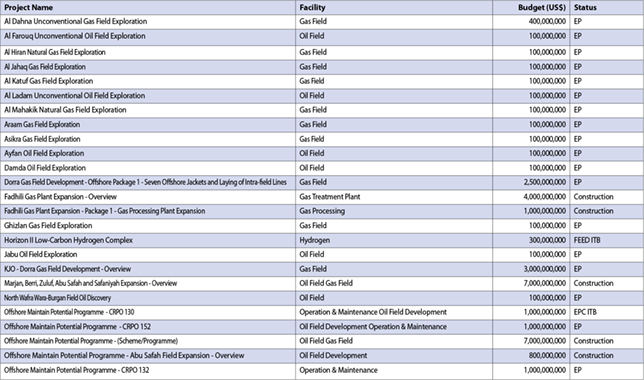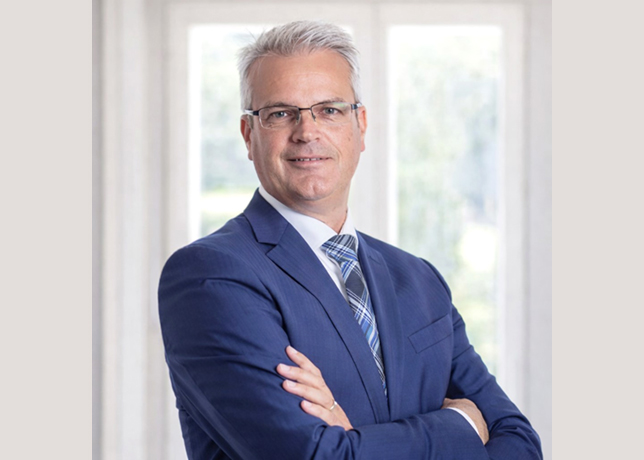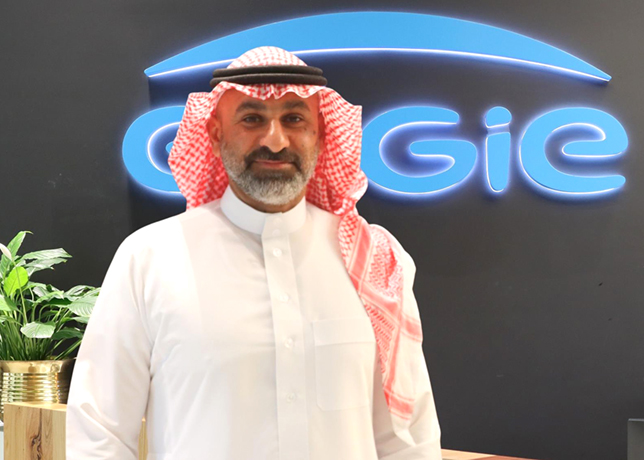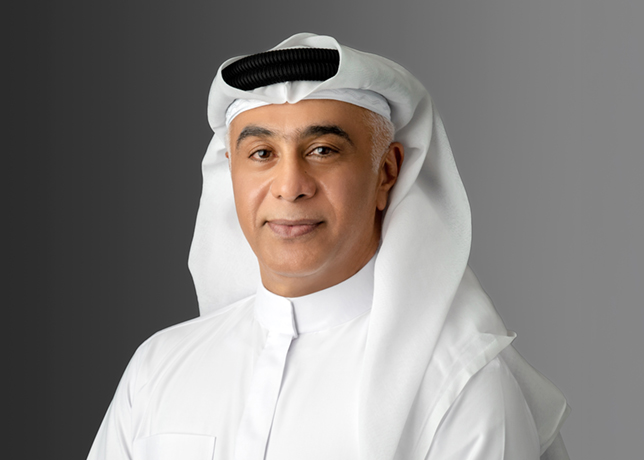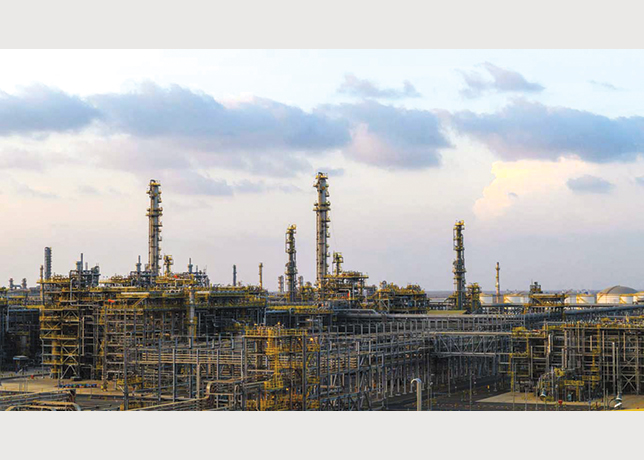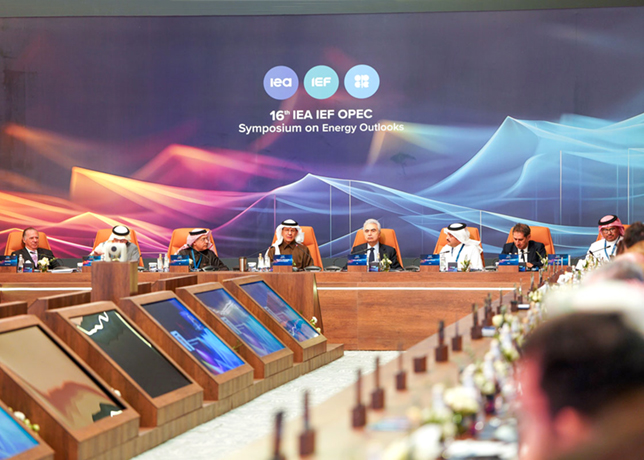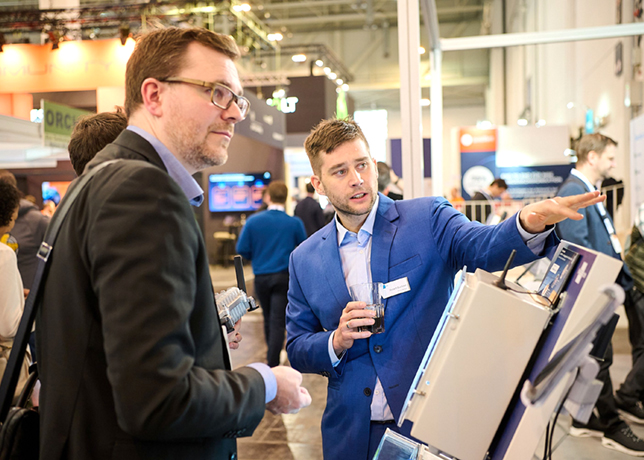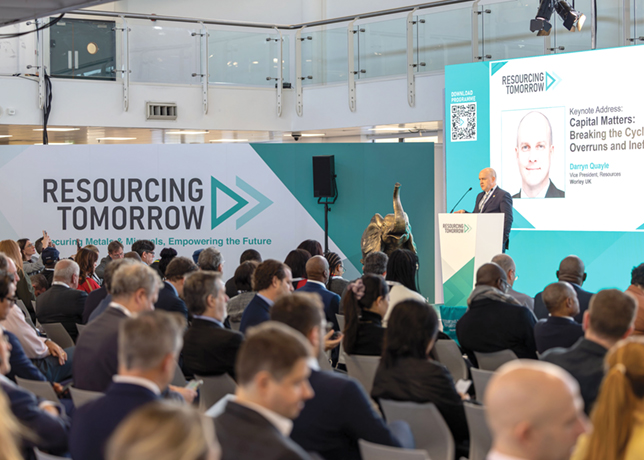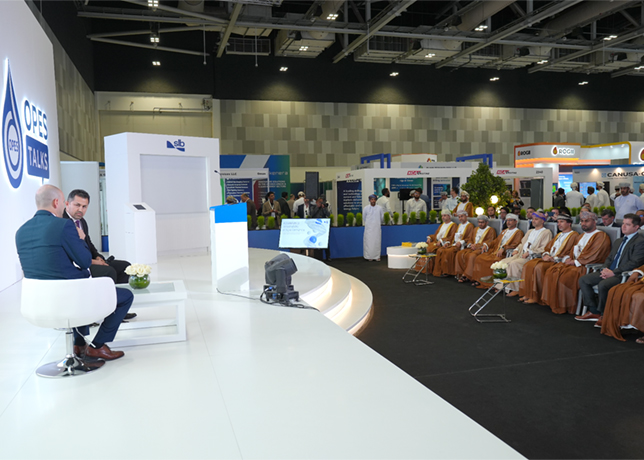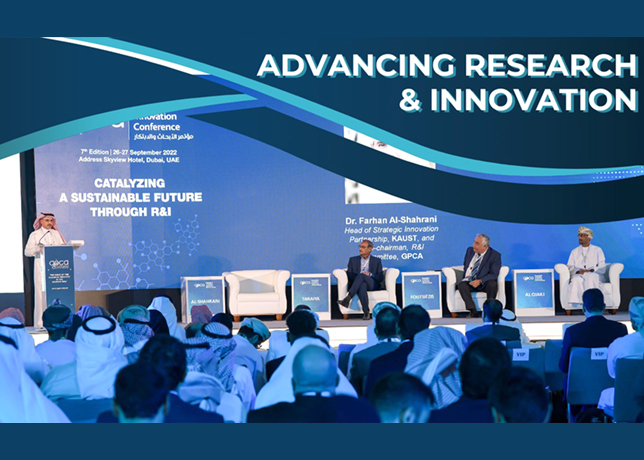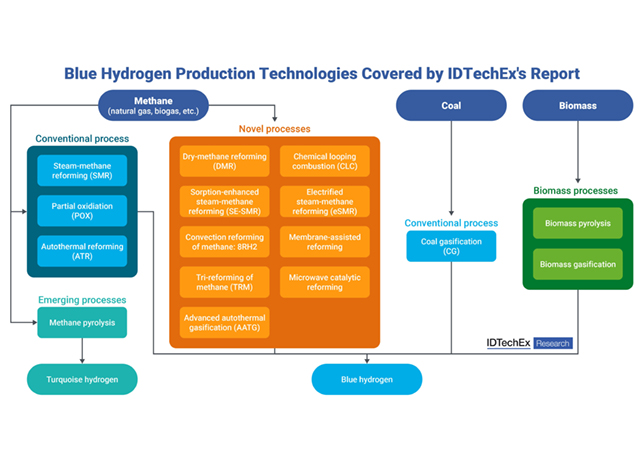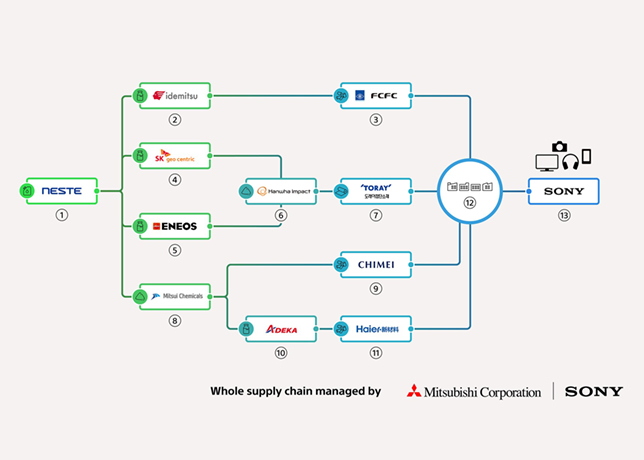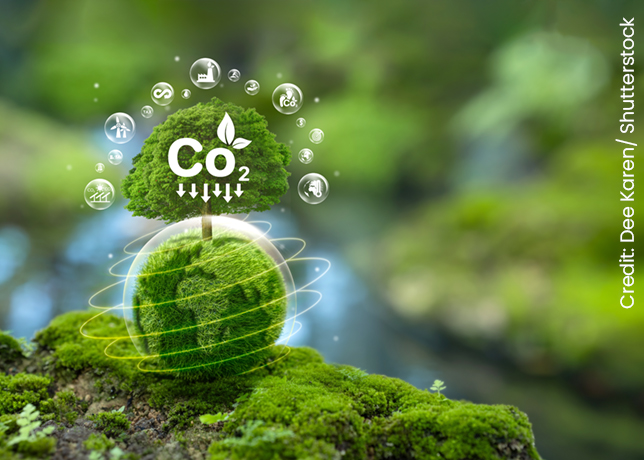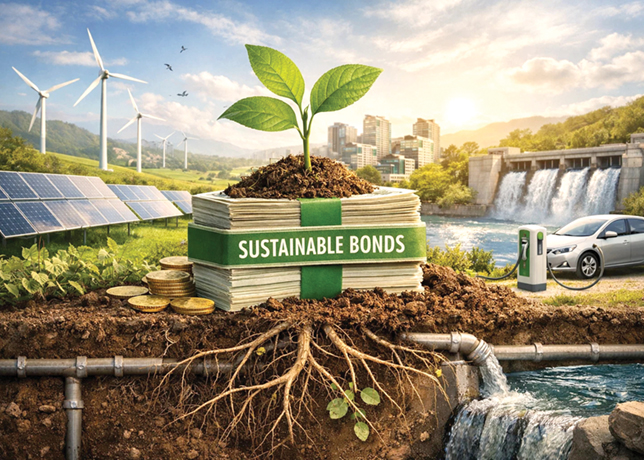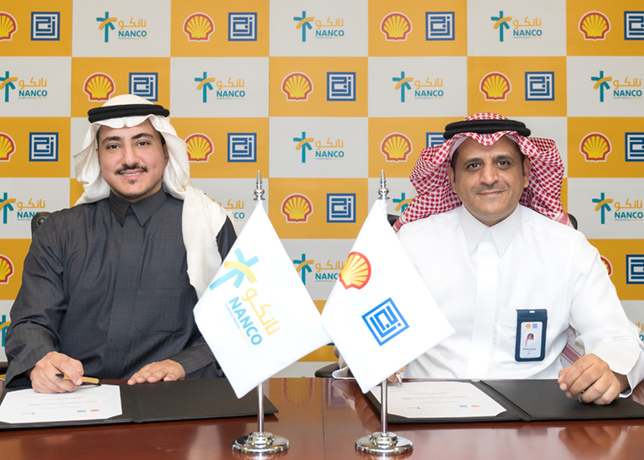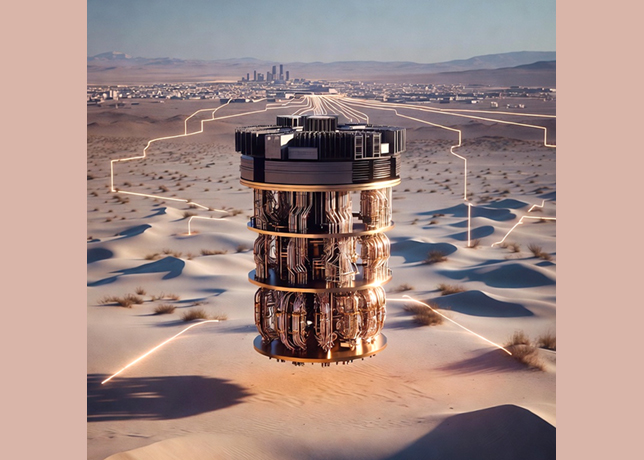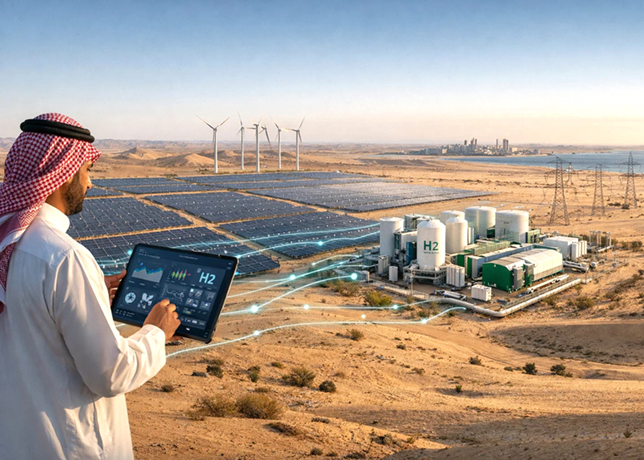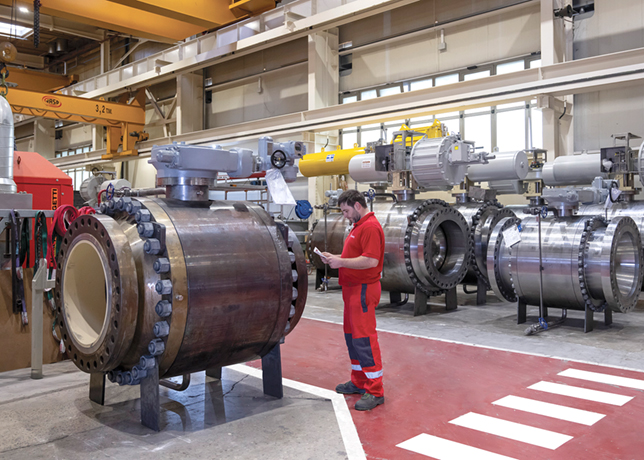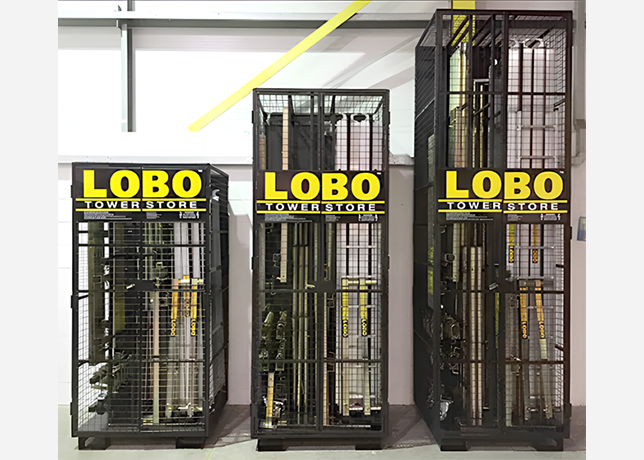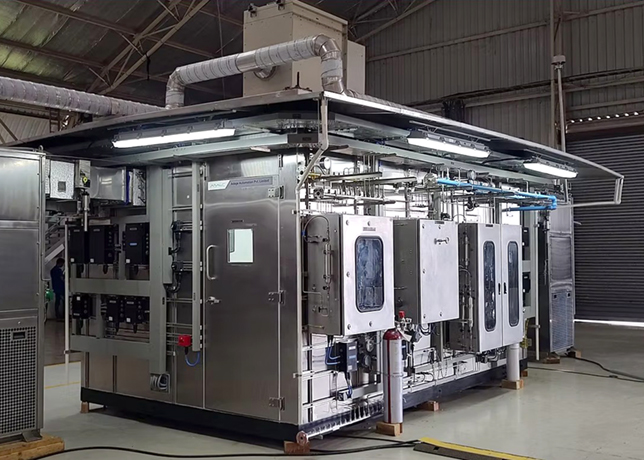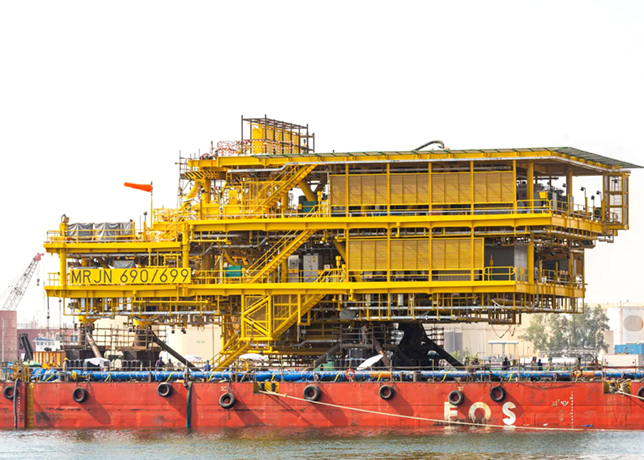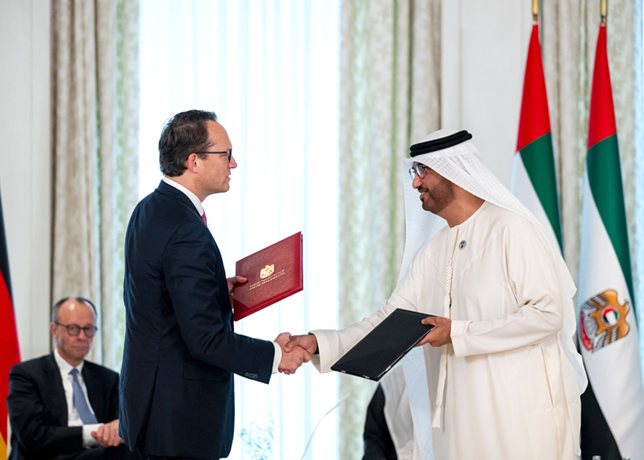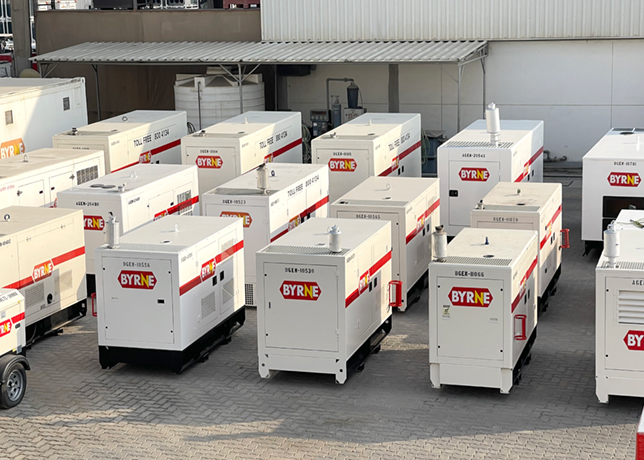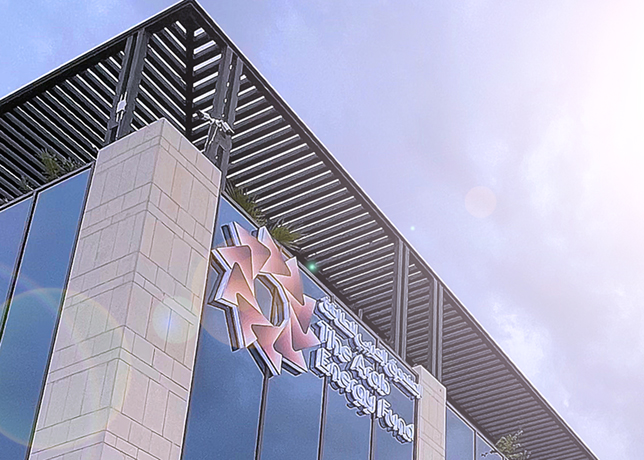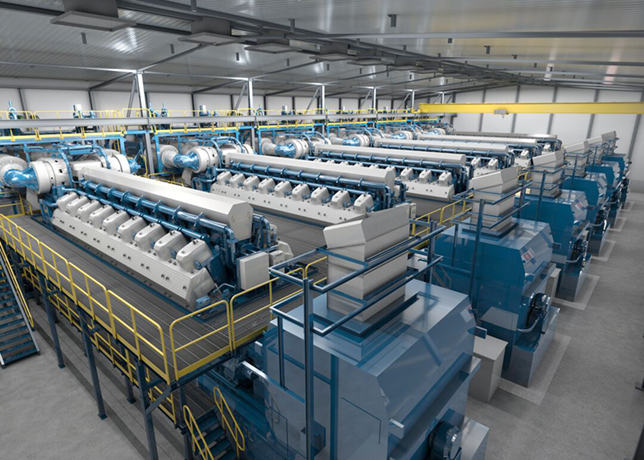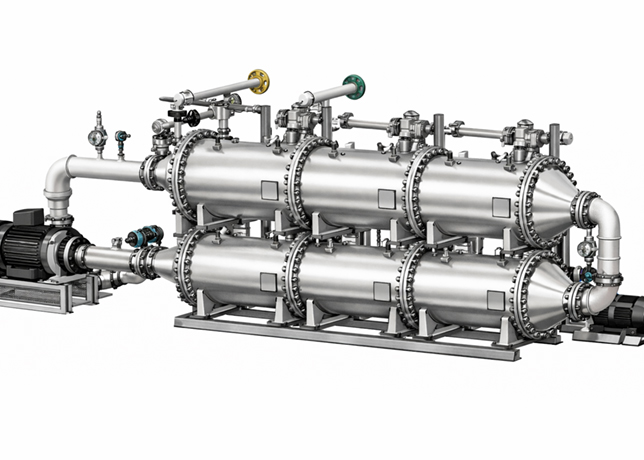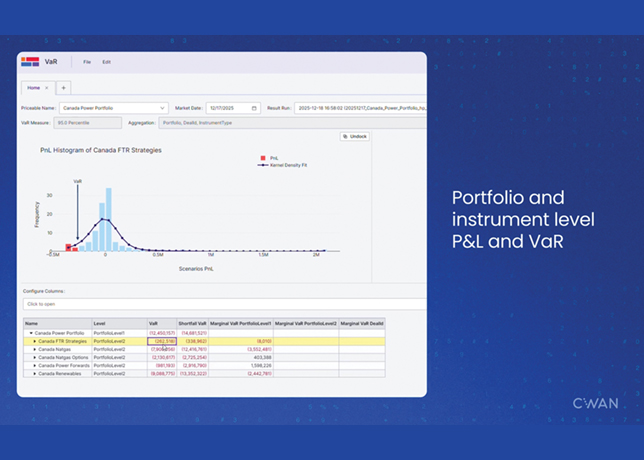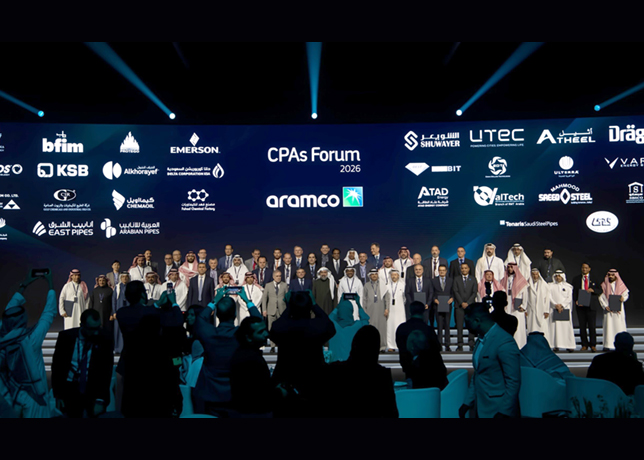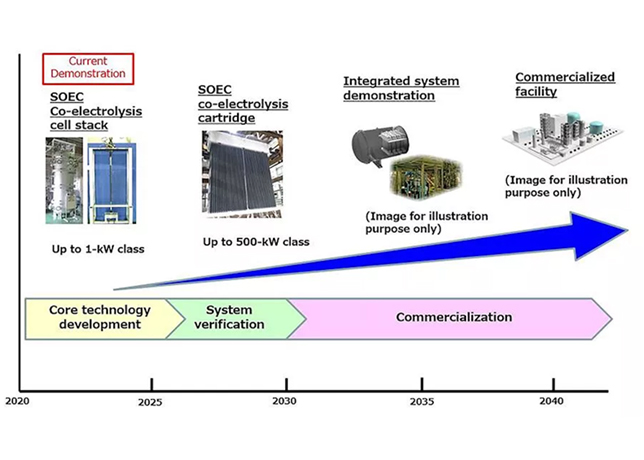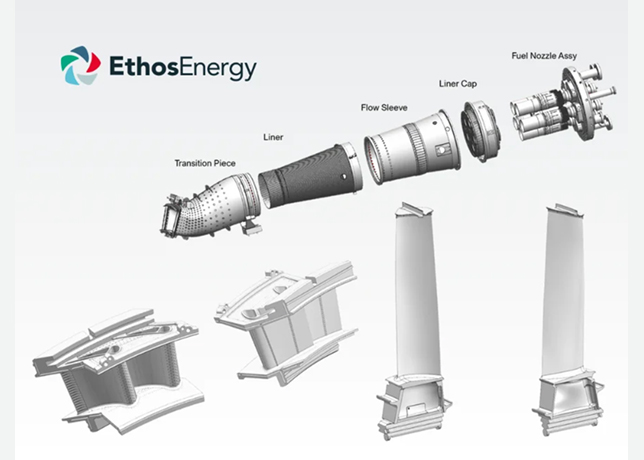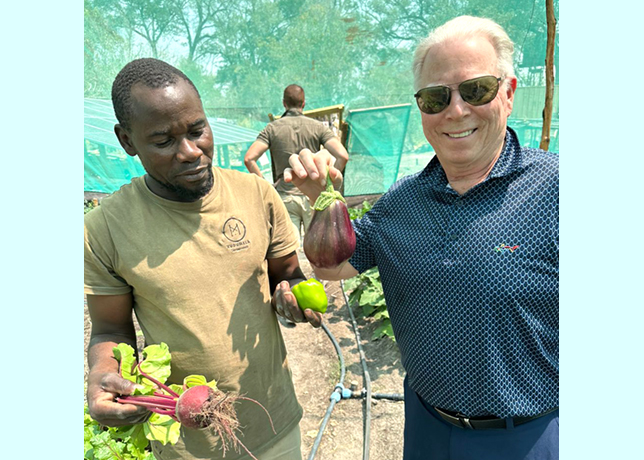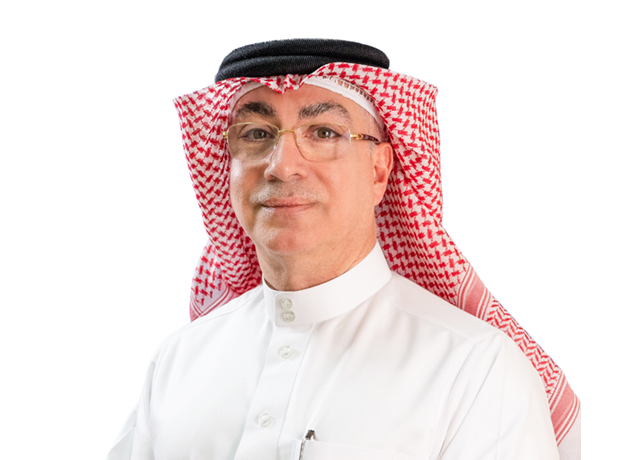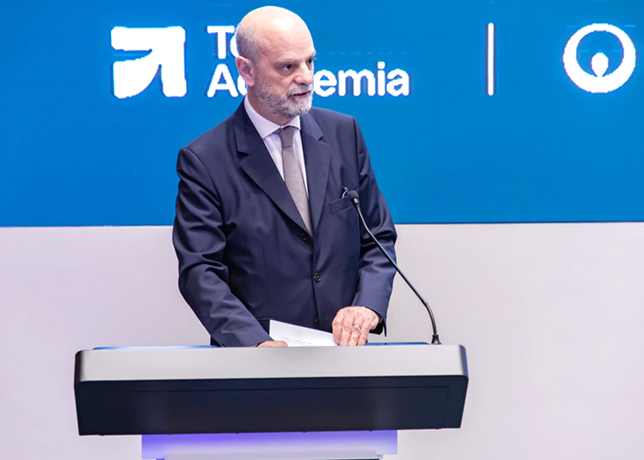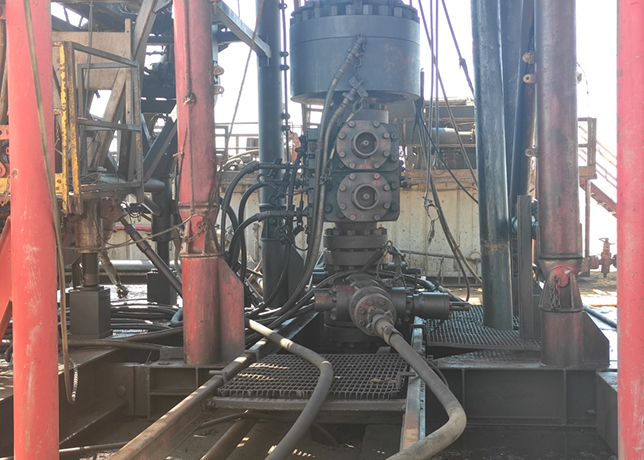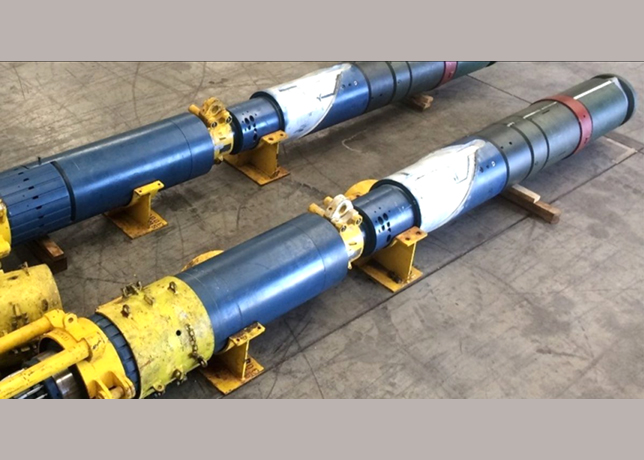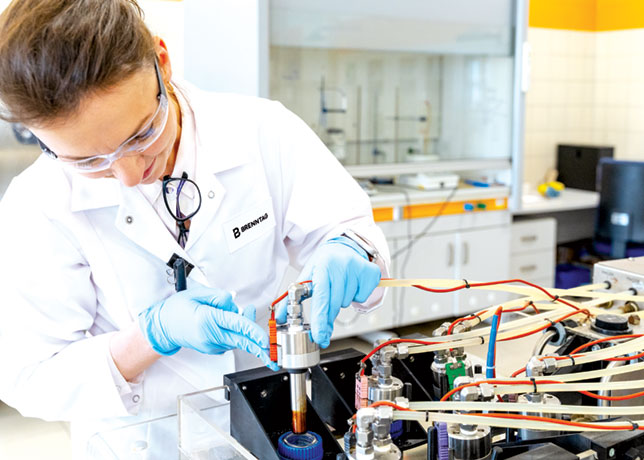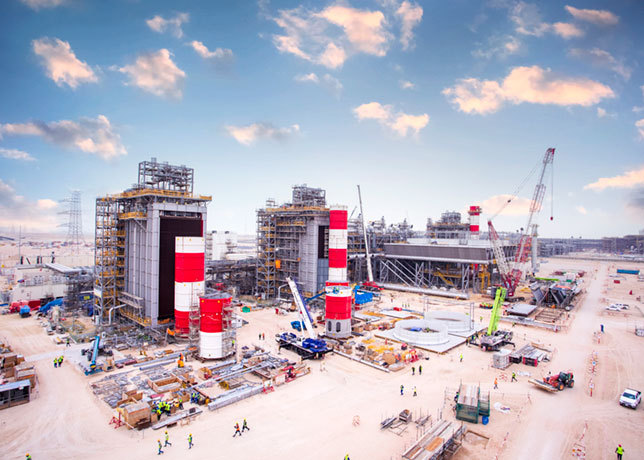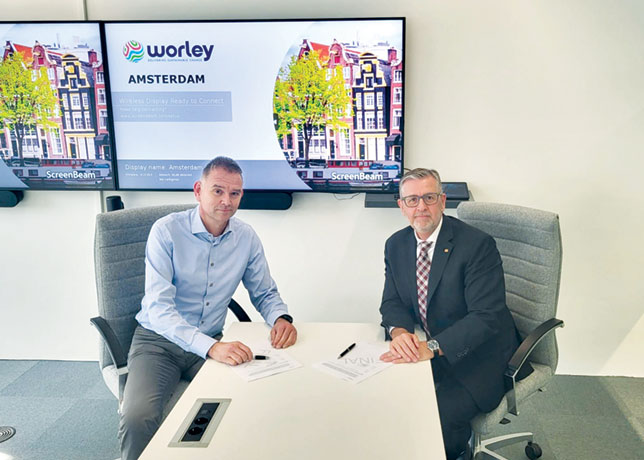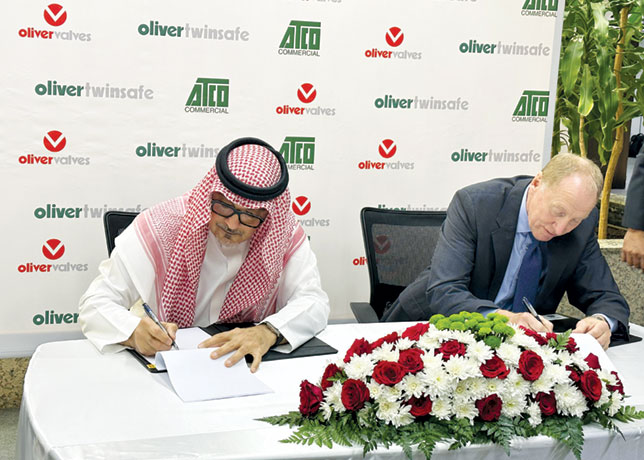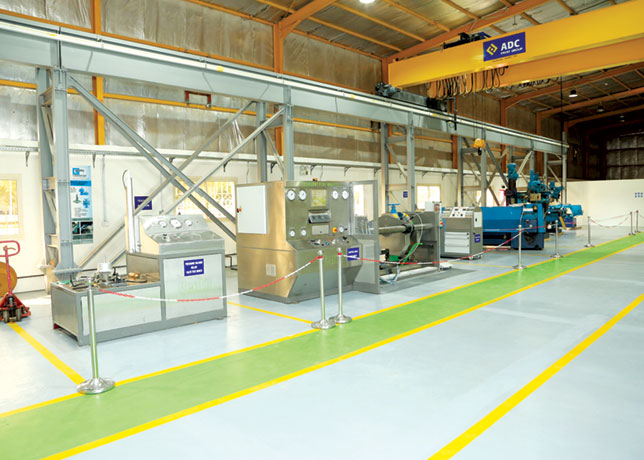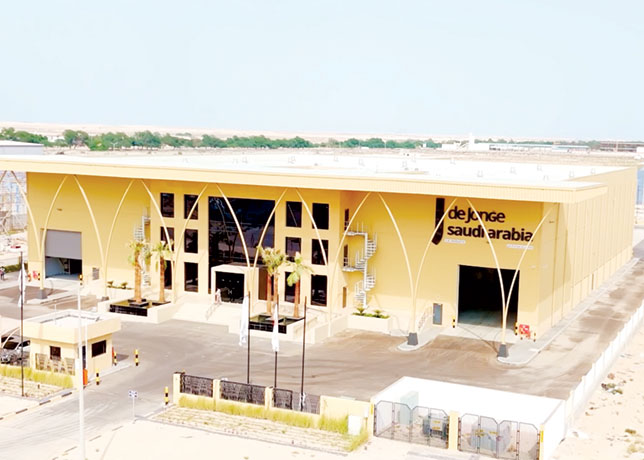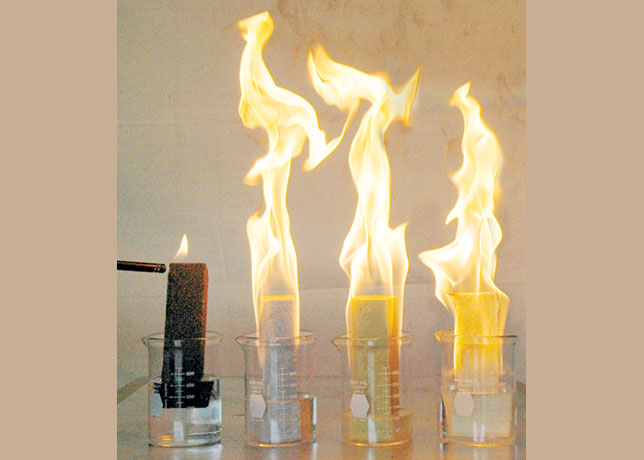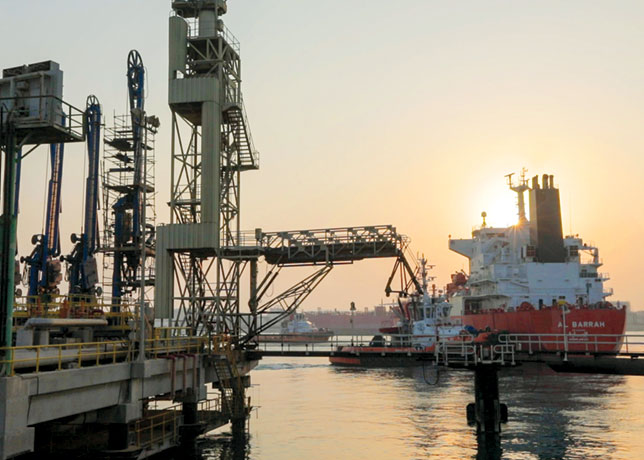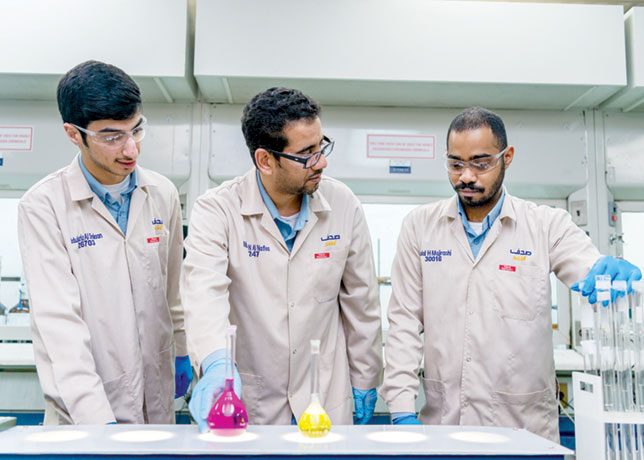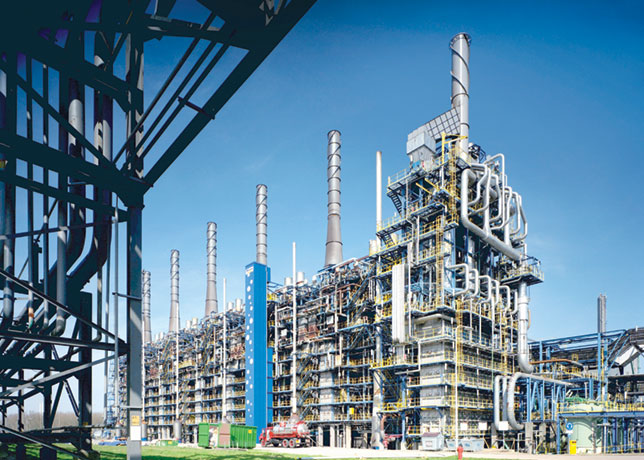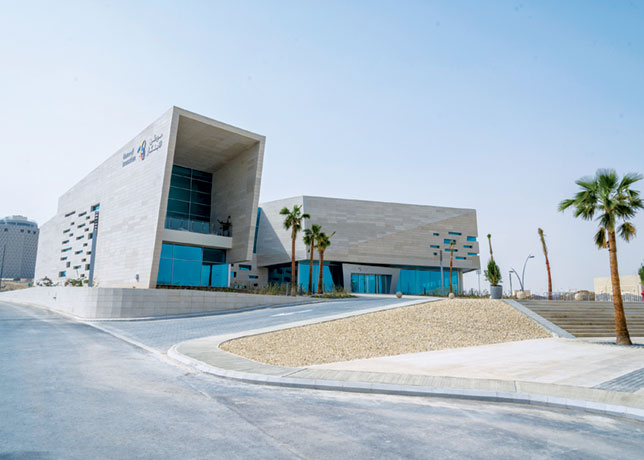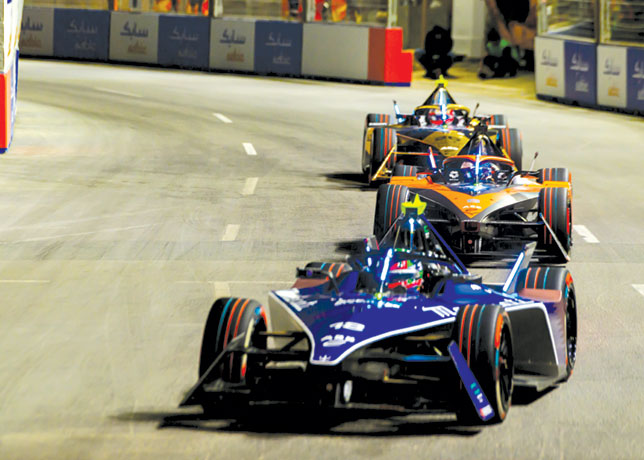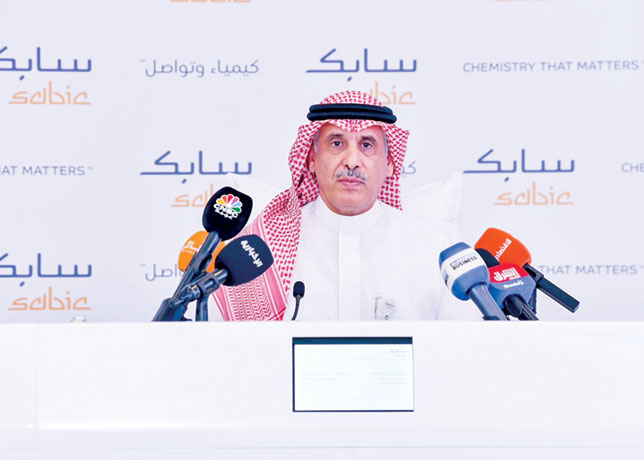
 The Magcat® textured catalyst
The Magcat® textured catalyst
UNICAT Catalyst Technologies, LLC’s catalysts, process technologies, and filtration systems aim to advance Saudi Arabia’s petrochemical and hydrogen sectors, supporting Vision 2030 through improved efficiency, cost savings, and reduced carbon emissions, Eugenio Macaluso and Yaqoob Kamal tell OGN
Cutting-edge technologies, such as Polycat and Magcat®, are transforming the global petrochemical landscape and hold immense potential for the Kingdom’s energy sector. By addressing key challenges such as catalyst longevity, energy efficiency, and emissions reduction, these innovations align seamlessly with Saudi Arabia’s Vision 2030 objectives.
From oligomerisation to hydrogen production, UNICAT’s solutions are positioned to drive operational excellence and sustainability in the region’s high-stakes energy market, say Eugenio Macaluso, Executive Vice President of Sales, and Yaqoob Kamal, VP of Sales (MEA), in an exclusive interview with OGN energy magazine.
Below are excerpts from the interview:
After UNICAT’s Polycat II Advanced catalyst’s success in North American refineries, how do you envision this technology benefiting Saudi Arabia’s petrochemical industry in terms of efficiency and sustainability?
UNICAT’s Polycat II Advanced oligomerisation catalyst is operational in over five catalytic polymerisation units worldwide. Case studies have proven the operational benefits of Polycat.
In a recent case study outlined on the UNICAT website, a North American Refinery saw seen substantial savings on catalyst costs and changeout using Polycat.
 |
Eugenio Macaluso |
Assuming an average maintenance cost of $80,000 per reload, and disposal cost of $15,000 per load, our North American customer is saving, at least, $570,000 per year on maintenance and disposal alone. With an additional catalyst cost savings of $2.5 million per year that results in a total saving of $2.97 million per year. Polycat presents a strategic opportunity for Saudi Arabia’s petrochemical industry by enhancing both operational efficiency and long-term sustainability.
With its proven ability to deliver extended operational cycles and reduce catalyst changeouts, this technology aligns well with the Kingdom’s Vision 2030 goals of optimising industrial performance and lowering environmental impact. Refineries operating in high-throughput environments can benefit from Polycat’s longer run lengths, which reduce downtime and maintenance costs.
Discuss the potential application of the Magcat® Textured Catalyst in Saudi Arabia’s hydrogen production, especially considering the region’s emphasis on energy efficiency and emission reductions?
 |
Yaqoob Kamal |
UNICAT’s innovative Magcat® Textured Catalyst is in operation in almost 50 reformers worldwide, with the longest service to date being 6 years. The unique textured design facilitates a range of operational benefits, such as improved heat transfer and gas flow, strength, reductions in operating costs, over 30 per cent improvement in active surface area, as well as several other benefits which lead to greater efficiency.
Case Studies have shown that refineries are able to save substantially on natural gas consumption by switching to this revolutionary technology. Assuming an average natural gas cost of $10/MMBtu, one of our European customers is saving, at least, $$226,500 per year on natural gas consumption alone. For the typical 5-year run length, the total savings would be $1.13 million and less than a 3-month payback on the costs to switch to Magcat® from competitor product.
Given the Kingdom’s strategic focus on clean hydrogen, integrating innovative solutions could lead to measurable improvements in efficiency and carbon footprint reduction.
In hydrogen production via steam methane reforming (SMR), where natural gas is both a feedstock and energy source, Magcat®’s enhanced heat transfer and mass transfer characteristics can optimise reformer performance. This can result in lower fuel consumption, higher hydrogen yields, and reduced CO2 emissions per unit of hydrogen produced.
With the recent launch of the MagAFS (Advanced Magnetic Filtration System), how does UNICAT plan to address catalyst bed fouling and pressure drop challenges in Middle Eastern refineries?
With UNICAT’s continued innovation of the Advanced Filtration System product line, the next generation of Advanced Filtration System (AFS 2.0) have been designed and optimised to mitigate pressure drop problems due to the build-up of various foulants in the grading and top catalyst layers of hydrotreating reactors and other fixed bed units.
UNICAT’s most recent innovation, MagAFS, has been implemented commercially to clean up challenging feed streams as well as circulating solvent systems. Considering the quality of the different feed streams in the ME refineries, both AFS and MagAFS are real solutions to mitigate pressure drop growth in adiabatic reactors and close circulating systems. This will both increase the operational life cycle and boost efficiency.
How has UNICAT’s spherical catalyst evolved and what implications does it have for improving yields and reducing CO2 emissions in KSA’s reforming units?
The introduction of UNICAT’s award-winning spherical Magcat® Textured Catalyst technology marked a turning point in catalyst design, offering improved packing density, reduced pressure drop and enhanced heat transfer in comparison to traditional catalyst shape. Over the past decade, this innovation has further evolved by tapping into a range of different industries and applications such as DRI, ammonia and methanation.
For KSA’s reforming units, these advancements help achieve higher yields through better reactant-catalyst contact and more uniform temperature profiles within the reformer tubes.
UNICAT has also initiated development of a next-generation shift catalyst (Magshift™) aimed at transforming the water-gas shift market. This new catalyst has been engineered with the water-gas shift reaction in mind, featuring different carrier formulation compared to Magcat®.
It has been designed to exhibit higher porosity with specific pore size distribution.
How is UNICAT positioning itself to support the production and purification of hydrogen in the Middle East where hydrogen is becoming a strategic energy vector?
In the Middle East, where hydrogen is emerging as a key pillar of energy diversification and export strategy, UNICAT’s high-performance reforming catalysts, including Magcat®, optimise conversion efficiency while lowering natural gas consumption and CO2 emissions.
On the purification side, UNICAT has recently partnered with a leading international pressure swing adsorption (PSA) plant design and manufacturer to offer an innovative, tailored design and build package. This can be coupled with cutting-edge adsorbents for units, ensuring high hydrogen purity with longer cycle times and reduced energy input.
By combining innovation with operational longevity, UNICAT supports Middle Eastern producers in scaling clean hydrogen initiatives, aligning closely with Saudi Arabia’s Vision 2030 and the UAE’s Net Zero 2050.
How does UNICAT tailor its services and technologies to meet the specific needs of Saudi Arabia’s energy sector?
With a dedicated regional sales team across the Middle East and Africa, UNICAT offers a localised presence that enables rapid response, customised catalyst selection, and close collaboration with refinery and petrochemical stakeholders to address challenges unique to the region’s climate, feedstock variability, and ambitious efficiency targets.
In GCC, UNICAT has supported multiple purification, reforming, filtration and oligomerisation units through the deployment of advanced catalyst solutions such as mercury, chlorine and sulphur guard adsorbents to Aramco and its joint ventures, SABIC and Sipchem in Saudi Arabia.
Separately, the innovative primary reformer solution (Magcat) in ADNOC hydrogen plants in UAE, the provision of the Advanced Filtration System (AFS) in OQ hydrotreaters, and the long-term contractual supply of Polycat II in the oligomerisation units in Qatar Energy (QE) in Qatar, technologies have helped operators improve throughput, lower operational costs, and reduce emissions which are linked to the GCC energy transition initiatives.
How can UNICAT’s technologies contribute to reducing Saudi Arabia’s carbon footprint?
Our catalyst and process technologies are designed with both financial performance and environmental responsibility in mind.
By enhancing process efficiency, extending operational lifecycles, and reducing energy consumption, UNICAT helps refineries and petrochemical plants globally to operate more cleanly and cost-effectively.
For example, in SMR and hydrogen purification, UNICAT’s next-generation catalysts and adsorbents reduce fuel usage, lower CO2 emissions, and extend run lengths, minimising both operational costs and environmental impact.
Technologies like Polycat and Magcat® are specifically engineered to improve thermal performance and throughput while lowering the carbon intensity of operations.
By supporting reduced energy input per unit of product and optimising resource utilisation, UNICAT plays a vital role in helping Saudi operators meet their decarbonisation targets and transition to lower-carbon energy systems, including hydrogen.
This directly supports the goals of Vision 2030 and the Circular Carbon Economy (CCE) framework championed by the Kingdom.
What are UNICAT’s plans for research and development (R&D) in the Middle East?
Guided by the core values of innovation, customer-centric collaboration and enhancing profit for our customers, UNICAT’s R&D pipeline is designed to align with local market needs and energy trends.
Recognising the Kingdom's ambitious Vision 2030 goals, UNICAT is tailoring its R&D initiatives to align with customers key priorities. The key areas of focus include hydrogen production and purification; carbon emission reduction; and localisation and collaboration.
How does UNICAT’s global presence contribute to supply chain stability and meet the growing demand for catalysts?
An international presence allows UNICAT to position production closer to key markets enabling faster response time, flexible logistics and reduce the risk of disruptions and down time.
For regions like the Middle East, this ensures more reliable access to high-performance solutions amid supply chain pressures. Moreover, the geographic diversity of UNICAT’s manufacturing operations facilitates greater customisation and coordination across product lines–ensuring consistent quality while adapting to regional variations, regulatory standards, and energy transition priorities.
By Abdulaziz Khattak



